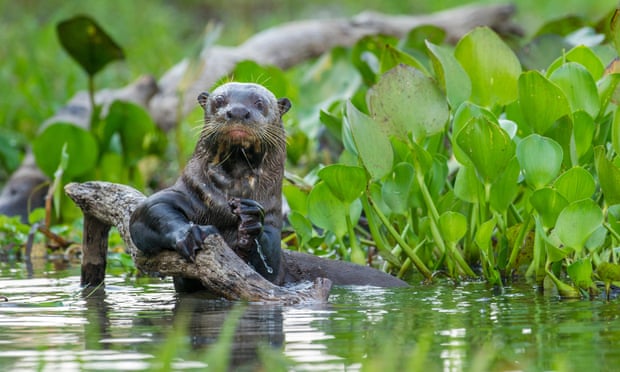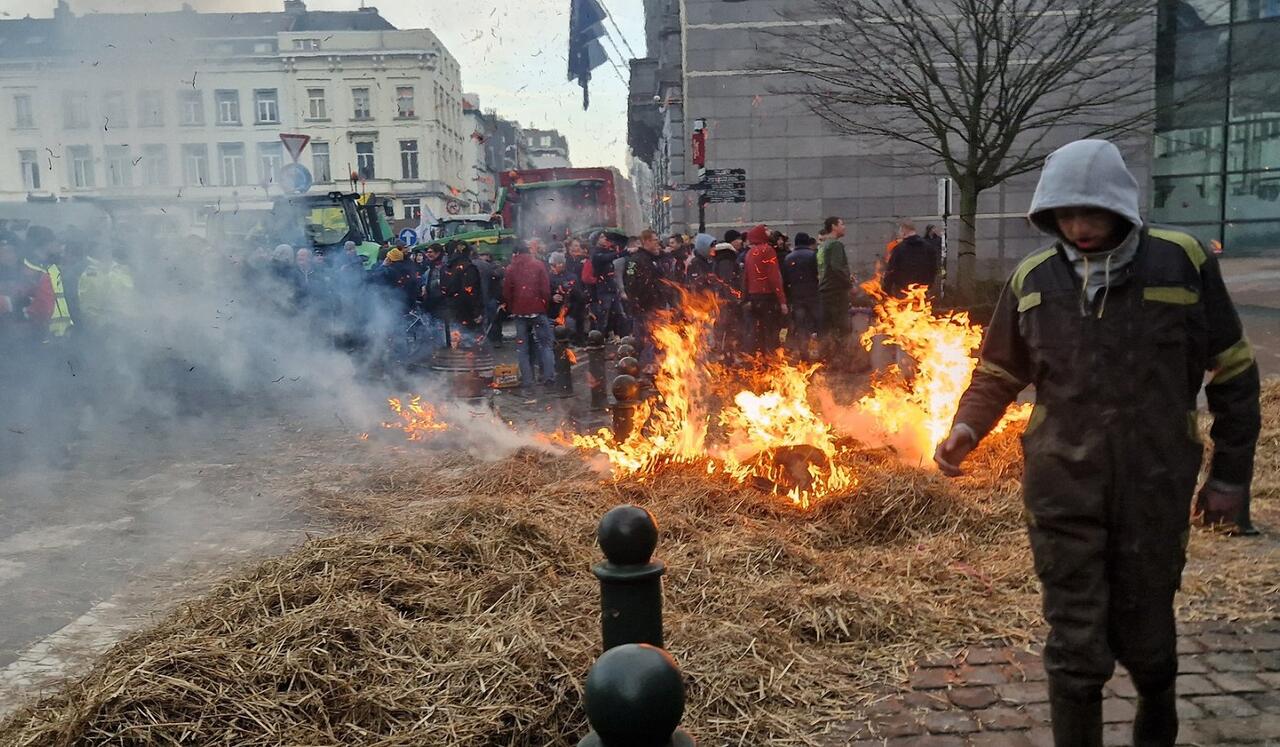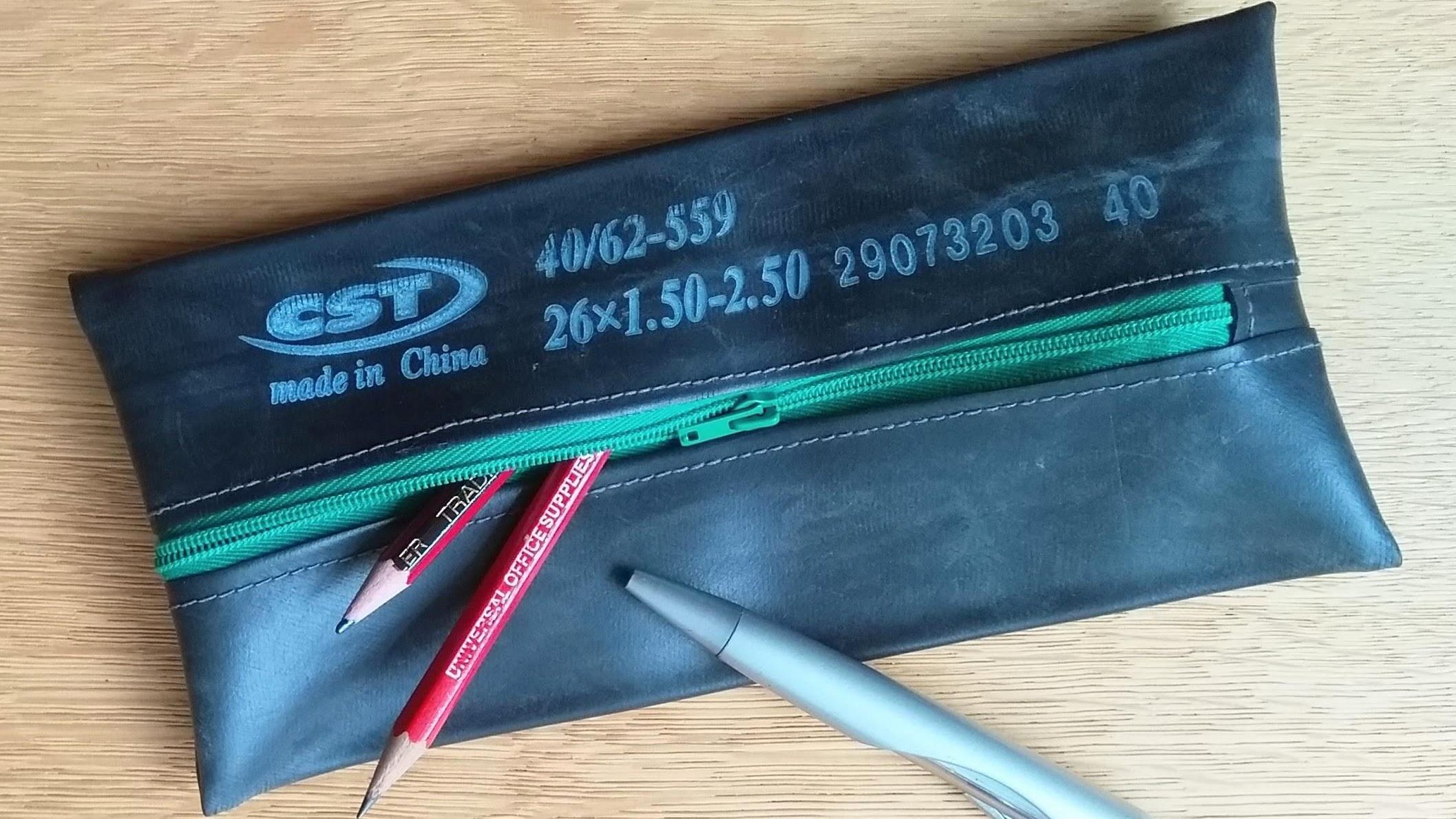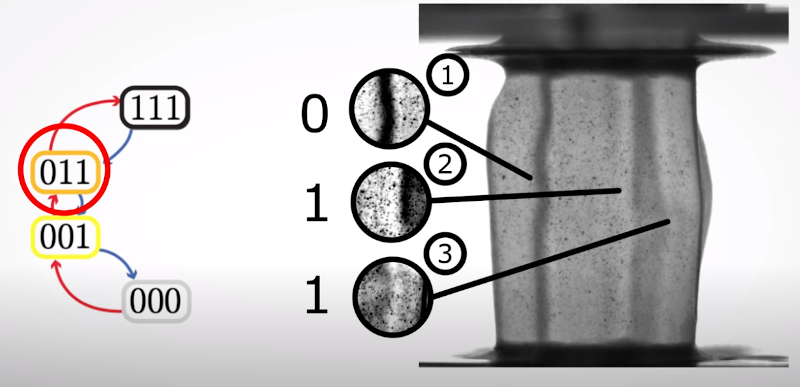One person like that
#rubber
By Tyler Durden
#Rubber #bullets and #water #cannons for breakfast were deployed against hundreds of European #farmers protesting outside the EU Parliament building in Brussels on Thursday. The farmers threw eggs, set off fireworks, and started fires near the building while demanding that European leaders stop punishing them with more taxes and rising costs imposed to finance a so-called ‘green agenda.’
The protests coincide with a Thursday summit of EU leaders, with the farmers calling on them to scrap agricultural and environmental regulations implemented by leadership in Brussels.
According to reports, farmers have broken through the barricades outside of Parliament and also ignited smoke bombs.
“We want to stop these crazy laws that come every single day from the European Commission,” said Jose Maria Castilla, a farmer in Brussels representing the Spanish farmers’ union, Asaja.
The protests come as EU leaders met to discuss a $50 billion aid package for Ukraine. Belgian PM Alexander De Croo said that the farmers’ concerns would be added to the summit’s agenda, saying “It is important that we listen to them,” adding “They face gigantic challenges,” the Washington Post reports.
The growing unrest over Europe’s punishment of farmers has also been seen in Italy, Portugal, France, Greece and Germany, as farmers express outrage over green regulations and cheap imports.
Chaos Erupts In Brussels As Rubber Bullets Fired At Farmers Protesting Outside EU Parliament - Activist
4 Likes
1 Comments
nothing is as it seems in this reality
https://www.bitchute.com/video/cpcaHzcauzKf/
#masked bandits abound
One person like that
Stop uitbuiting, consumeer minder
NRC
Klimaat - Laten we ons focussen op klimaat en welzijn, en niet op nog meer groei, schrijven Kiza Magendane en Paul Schenderling. (...)
Dit alles maakt een pijnlijk patroon zichtbaar: de ‘ontwikkeling’ van het mondiale Noorden gaat gepaard met de onderontwikkeling van het mondiale Zuiden. (...) Slavenhandel sinds de 15de eeuw, kolonialisme in de 19de eeuw, neokolonialisme sinds de 20ste eeuw – Afrikanen worden constant opgeofferd voor het comfort van consumerende Europeanen. (...)
Nu willen veel Europeanen het historische patroon doorbreken, en daarbij is dit decennium cruciaal: onze huidige keuzes bepalen of we het patroon voortzetten of veranderen. (...)
(Tekst loopt door onder de foto.)
:format(webp)/s3/static.nrc.nl/images/gn4/stripped/data93301350-245b58.jpg)
Mijnwerkers in de Shabara-mijn in Congo. Foto Junior Kannah/AFP.
Ten eerste proberen de landen in het mondiale Noorden door massale investeringen in de energietransitie hun economieën te vergroenen én verder te laten groeien. Voor mensen in het mondiale Zuiden heeft dit streven naar groene groei een bittere bijsmaak. Het Internationaal Energie-Agentschap (IEA) schat dat de vraag naar materialen die nodig zijn voor de energietransitie, zoals lithium en kobalt, de komende twintig jaar met 2.000 tot 4.000 procent zal stijgen. (...)
De winning van deze grondstoffen gaat gepaard met veel energieverbruik, milieuvervuiling en menselijk leed. (...)
Ten tweede lopen de noordelijke landen nog steeds weg van hun verantwoordelijkheid om de toegebrachte schade te compenseren. Het mondiale Noorden is voor 90 procent verantwoordelijk voor de huidige klimaatcrisis, zo becijferde antropoloog en schrijver Jason Hickel in 2020. En hoewel rijke landen zich in 2009 committeerden om tot en met 2025 jaarlijks honderd miljard dollar beschikbaar te stellen voor de klimaattransitie en -adaptatie in het mondiale Zuiden, zijn ze hun afspraken tot nu toe niet nagekomen.
Bovendien is honderd miljard veel te weinig. (...)
Gelukkig kunnen rijke landen dit patroon alsnog doorbreken. Door hun consumptiegroei in te perken, of zelfs te stoppen. (...)
Dit biedt zuidelijke landen de kans om, binnen de draagkracht van de aarde, hun economieën verder te ontwikkelen. Daalt de uitstoot in rijke landen aanzienlijk sneller, dan is er binnen het resterende mondiale koolstofbudget meer ruimte voor landen in het mondiale Zuiden om nog te groeien. (...) Het Zuiden zal immers niet bereid zijn de eigen uitstoot te verminderen als het Noorden niet bereid is tot consumptiebeperking – en terecht. De patstelling tussen Noord en Zuid, die nu telkens échte vooruitgang op een klimaattop tegenhoudt, kan daarmee worden doorbroken.
Om die consumptiebeperking te bewerkstelligen moeten rijke landen een sociaal en realistisch beleid doorvoeren. Bijvoorbeeld door minder belasting te heffen op arbeid en meer op vervuilende vormen van consumptie. (...)
Dit klimaatrechtvaardigheidsfonds kan voor twee doeleinden worden ingezet. Ten eerste kan de overheid het geld aanwenden voor de klimaattransitie en -adaptatie in het mondiale Zuiden en voor een serieus herstelprogramma voor zwaar getroffen landen zoals Pakistan. (...)
Ten tweede kan de overheid het geld gebruiken om de laagste inkomens in Nederland een klimaatdividend te betalen. (...)
Sinds de jaren 60 is de consumptie in Nederland vervijfvoudigd, terwijl ons geluksniveau gelijk is gebleven. (...) We kunnen onze focus verschuiven van kwantitatieve groei (van consumptie en bbp) naar kwalitatieve groei (van levensgeluk). (...)
Tags: #nederlands #klimaat #klimaatcrisis #klimaatverandering #co2 #uitstoot #fossiele_brandstof #consumptie #consumptiegroei #economie #slavernij #kolonialisme #uitbuiting #ongelijkheid #internationale_ongelijkheid #welzijn #groei #economische_groei #congo #rubber #energietransitie #lithium #kobalt #Internationaal_Energie-Agentschap #IEA #mijnbouw #kinderarbeid #klimaattop #cop27
4 Likes
2 Likes
One person like that
Leaked EU anti-deforestation law omits fragile grasslands and wetlands
The Guardian
Campaigners say draft regulation contains many loopholes, including exclusion of Cerrado and Pantanal.
The fragile Cerrado grasslands and the Pantanal wetlands, both under threat from soy and beef exploitation, have been excluded from a European Union draft anti-deforestation law, campaigners have said, and there are many other concerning loopholes. (...)
The long-awaited draft regulation, expected to be published in December, will be limited to controlling EU imports of beef, palm oil, soy, wood, cocoa and coffee, according to a report seen by the Guardian. (...)
Campaigners said the EU risks getting it wrong. They criticised the exclusion from the proposals of rubber, leather, maize and other kinds of meat, linking pigs and chickens to “embedded deforestation” through the use of soy as animal feed. (...)
The Together4Forests campaign called for the regulation to ensure protection for all kinds of ecosystems, not only forests. (...)
Other ecosystems will be excluded, even though the EU document concedes that stricter rules to protect the Amazon rainforest “have already been shown to accelerate conversion of Cerrado savannah and Pantanal wetlands for agricultural production”. It also notes that the Cerrado is “a critical region for storing carbon”, a source of water, vegetation and abundant plant life, but concludes that including such ecosystems would make it more difficult to monitor forests. (...)
The document also reveals that the law “will not specifically target the financial sector”, a blow to campaigners who argued that European banks play a role in fuelling deforestation through their lending. (...)

An endangered giant otter in a lagoon in western Pantanal – which is one of the world’s largest freshwater wetlands but is not covered by the draft law. Photograph: Nature Picture Library/Alamy.
Tags: #environment #eu #european_union #brazil #brasil #brazilie #bolivia #paraguay #cerrado #pantanal #wetlands #savannah #peatlands #cattle_farming #soy #beef #soy_plantation #palm_oil #palm_oil_plantation #deforestation #rubber #maize #wood #cocoa #coffee #plantation #coffee_plantation #maize_plantation #agriculture #Together4Forests




/s3/static.nrc.nl/images/gn4/stripped/data93301350-245b58.jpg)


